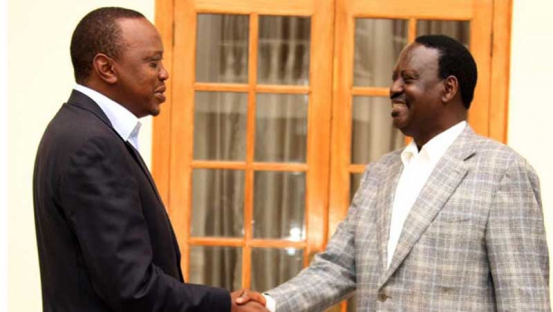×
The Standard e-Paper
Smart Minds Choose Us

Kenya’s existence as a united, cohesive and stable country has never come under such serious threat as now. The country has been stuck in the quagmire of a protracted presidential contest twice disputed and once boycotted by the Opposition.
While there is evidence of relative calm and uneasy peace all round, it could be a lull that comes before a storm. Since the August 8, 2017 elections were annulled by the Supreme Court, Kenya has become a troubled country.